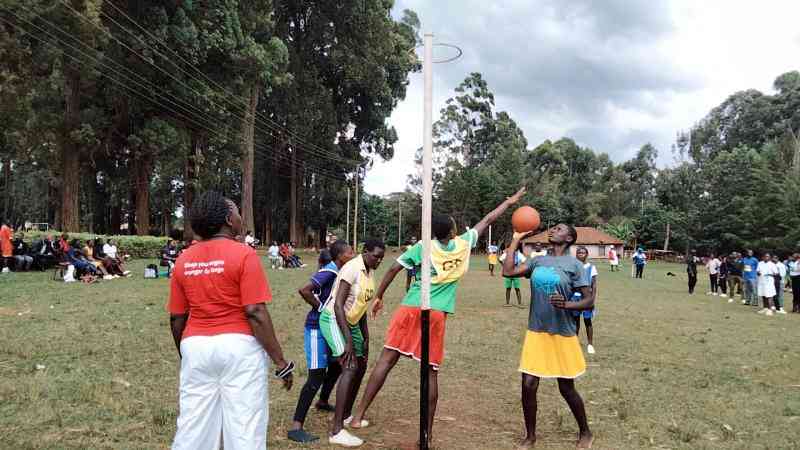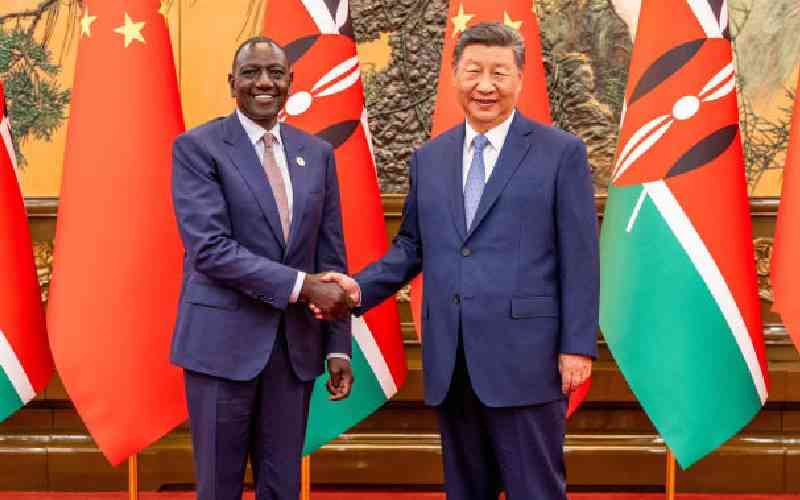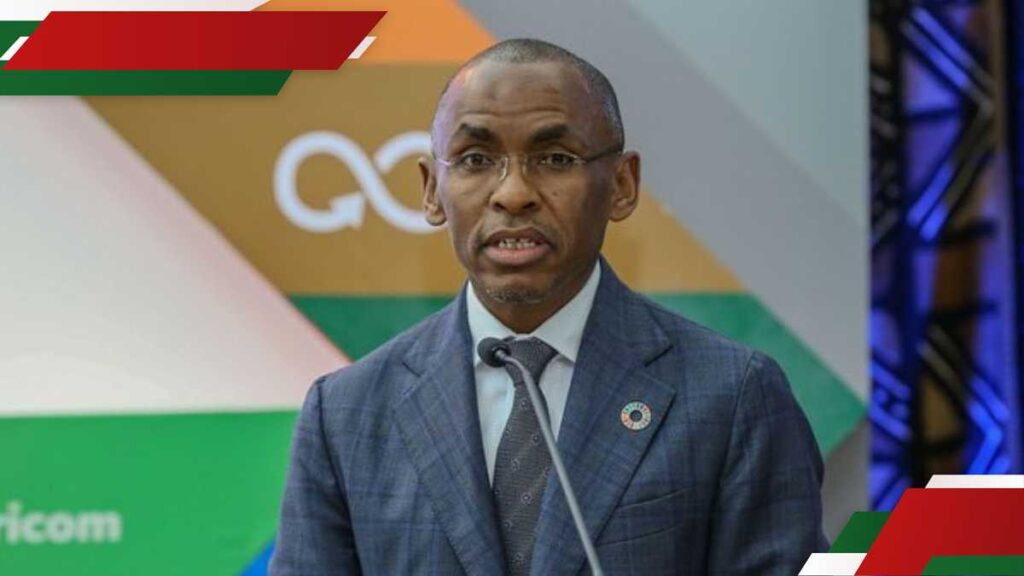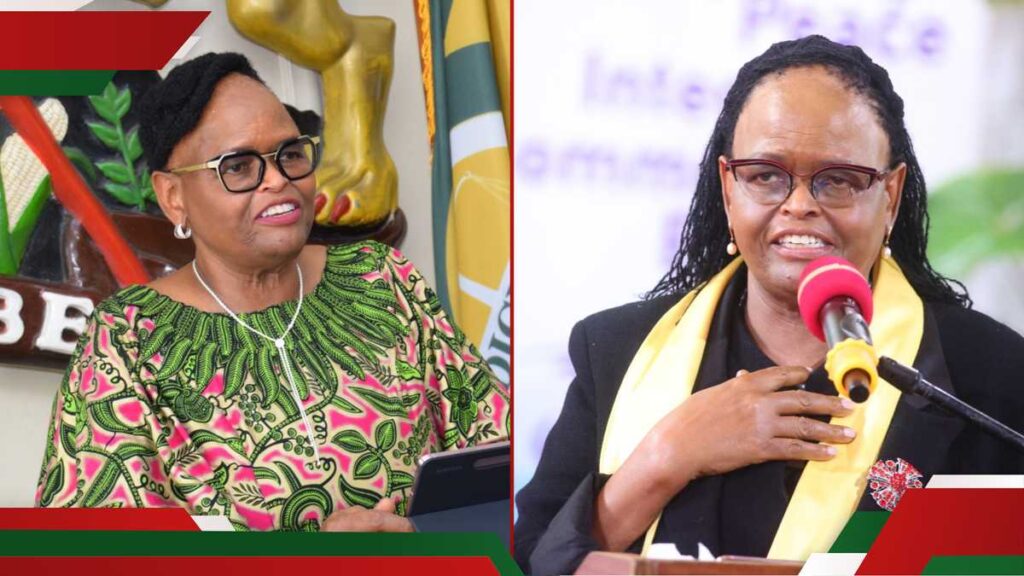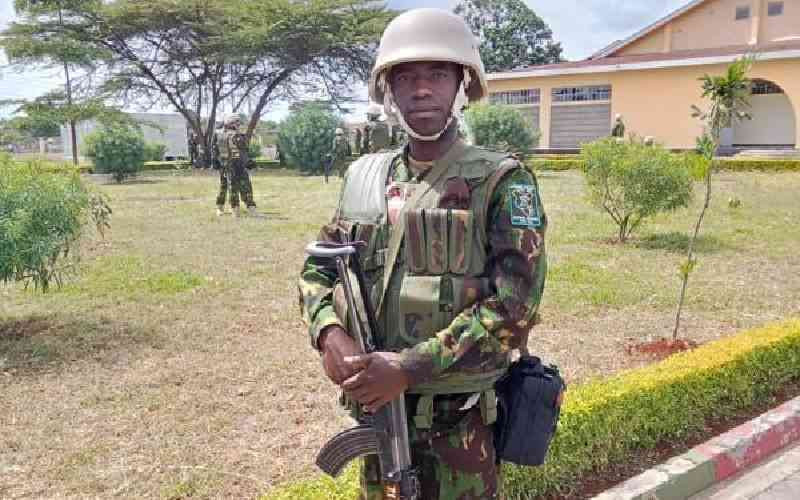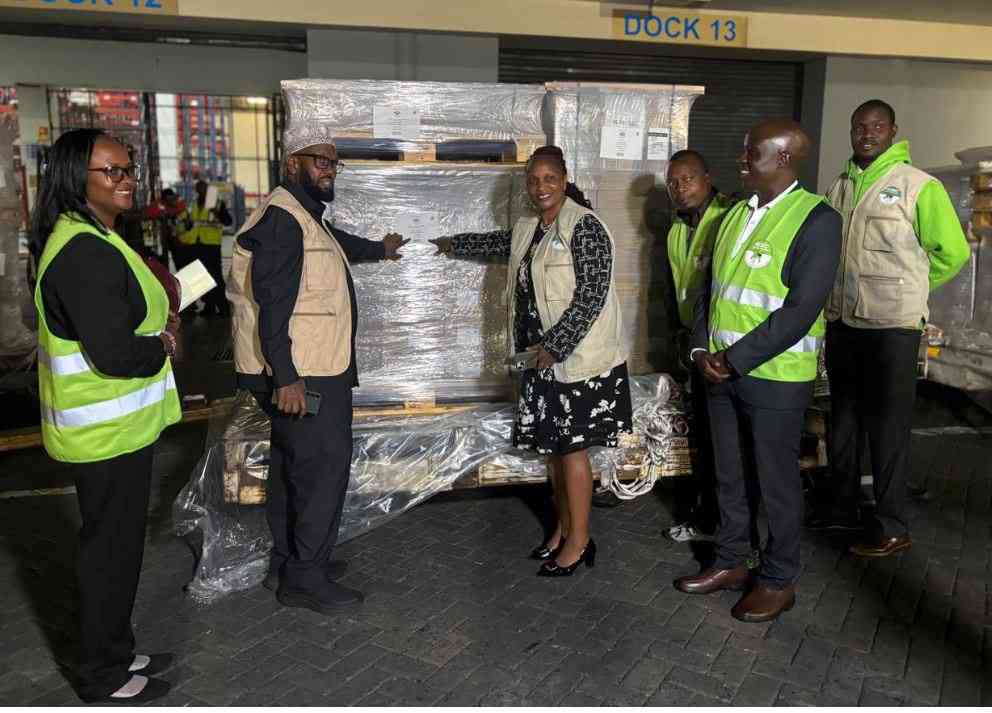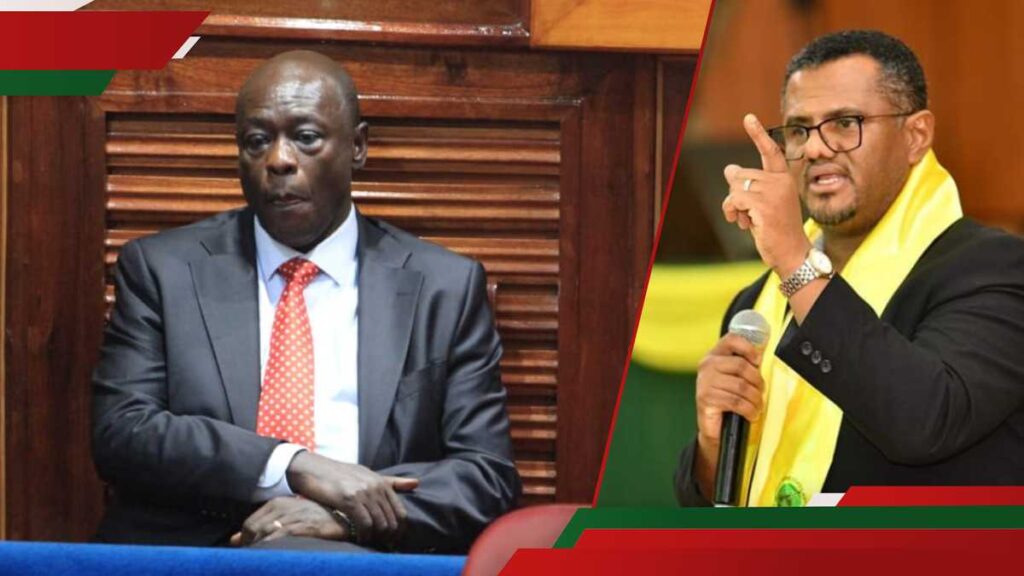Kenya Netball Federation (KNF) is advocating for reintroduction of boys’ netball competitions in both primary and secondary schools.
Speaking at Kitale School in Trans Nzoia County, KNF president Immaculate Kabutha and National Secretary General Millicent Busolo cited lack of early exposure for male netball players as one of the problems affecting the growth of the game in the country.
Despite Kenya boasting the third-ranked men’s netball team in Africa, Kabutha who is also the Secretary General of Africa Netball, expressed concern over the struggle to nurture talents in schools.
She said this forces aspiring players to wait until university, college, or vocational training institutes before they can seriously compete.
“Promoting men’s netball has numerous benefits. It fosters a more inclusive sporting environment, dismantles gender stereotypes associated with the sport, and widens the talent pool for the national team,” said Kabutha.
Patricia Mellisa, Trans Nzoia County branch treasurer, pointed out the apparent contradiction between the Ministry of Education’s Competency-Based Curriculum (CBC) and the exclusion of boys from netball competitions.
Mellisa said that the CBC is designed to develop talents through co-curricular activities, mandates netball as part of the curriculum for Grade 7 pupils, yet boys have been denied the opportunity to participate competitively.
“It’s a blatant contradiction. Netball is part of the very first topic in Physical Education (PE) for grade 7 pupils, yet boys are excluded from participating competitively in primary and secondary school. This is especially puzzling when we consider that other East African countries actively promote men’s netball,” stated Mellisa.
Alex Mweru, who is the chairperson of the federation Trans Nzoia branch, added that this inconsistency leaves teachers in an awkward position.
“All of us (officials) are teachers and the pupils and students (boys) keep on asking why they are being taught netball yet they are not involved in competition. It sometimes leaves teachers embarrassed,” said Mweru.
The lack of continuity in the development of players is another concern shared by Kenya men’s national netball team manager Samuel Ang’asa.
“The team lacks continuity because there is no upcoming pool of players natured from the primary and secondary levels,” Ang’asa explained.
Ang’asa emphasised the urgency of reintroducing netball into school sporting activities.
“This is the best time for the Ministry of Education to reintroduce netball into sporting activities in the said institution and that will make Kenya the powerhouse of netball game in Africa,” he declared.
“Netball requires minimal equipment, making it a cost-effective option. You see all the countries that give Kenya stiff competition do nature their talent at a young age. It should be reintroduced like yesterday.”
Suleiman Hassan, KNF office bearer responsible for national fixtures, training, and accreditation of umpires, echoed Anga’sa’s sentiments, highlighting the potential for Kenya to dominate men’s netball on the global stage with proper youth development.
“Imagine the impact on our national ranking if we nurtured boys’ skills from a young age,” Hassan said.
Busolo and Mellisa also urged the leadership of Trans Nzoia County to allocate a budget specifically for nurturing netball talent at the grassroots level.
“We are privileged to have a good number of female players from Trans Nzoia County under the age of 21 who represented the country in Pretoria, South Africa in World Qualifiers Youth Game which is scheduled to be held in Gibraltar next year. We came number five out of 10 countries which participated,” Busolo said.
Mellisa added: “We are missing raw and real talents right from the counties to feed the national team. I plead to the Trans Nzoia government to collaborate with the county netball office, motivate and financially push to enable players to exercise their talents.”








